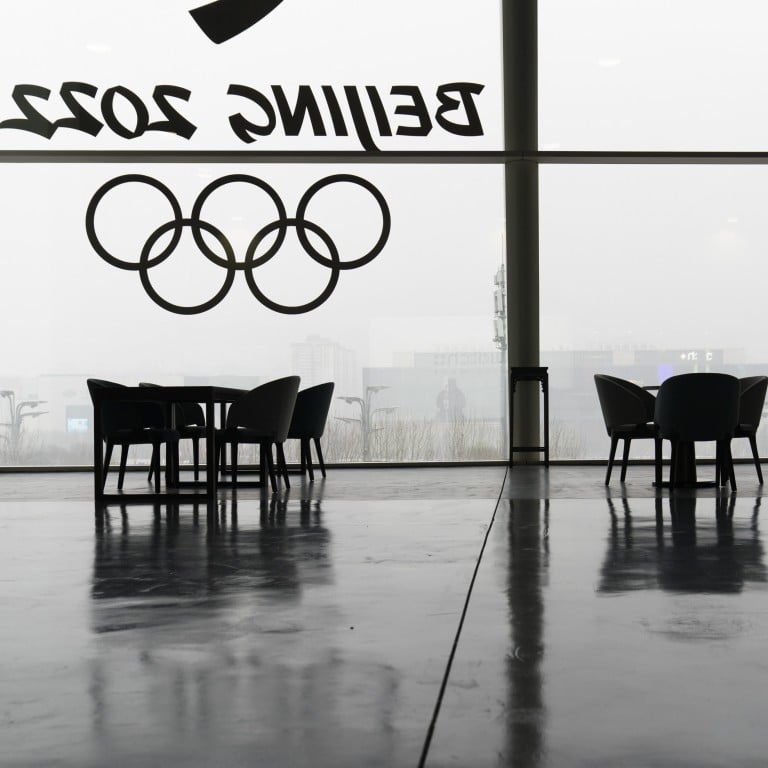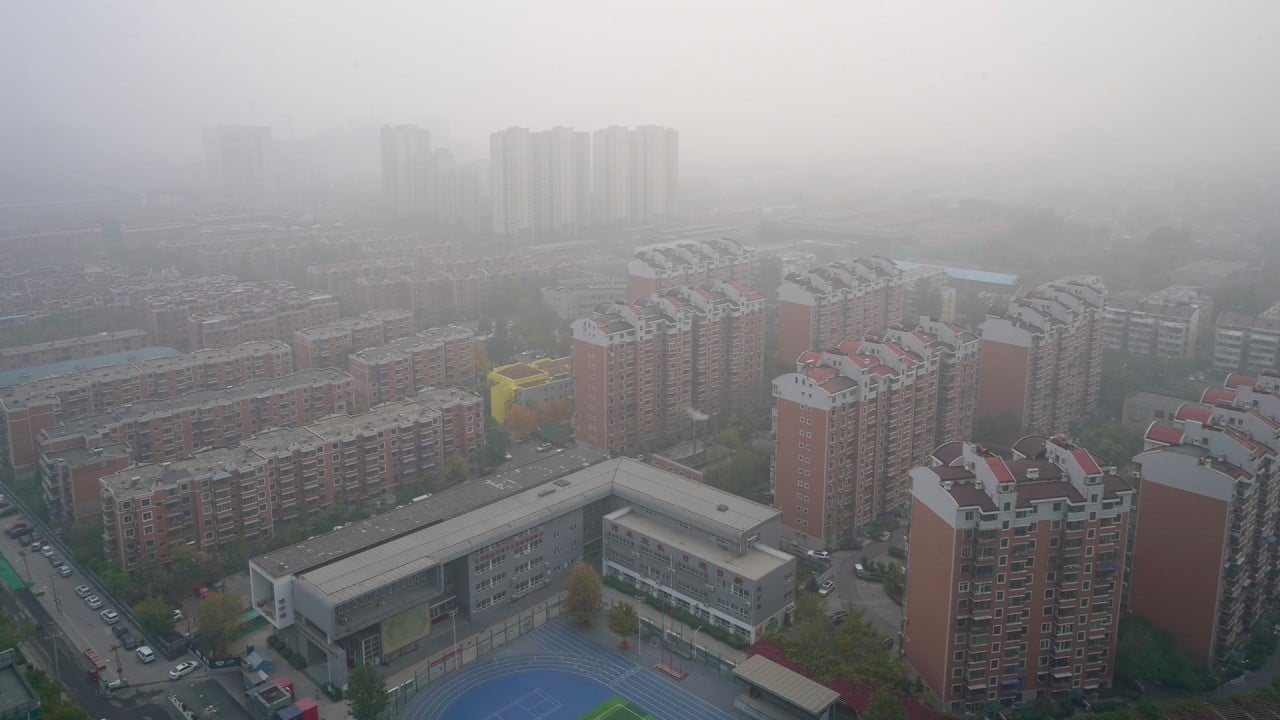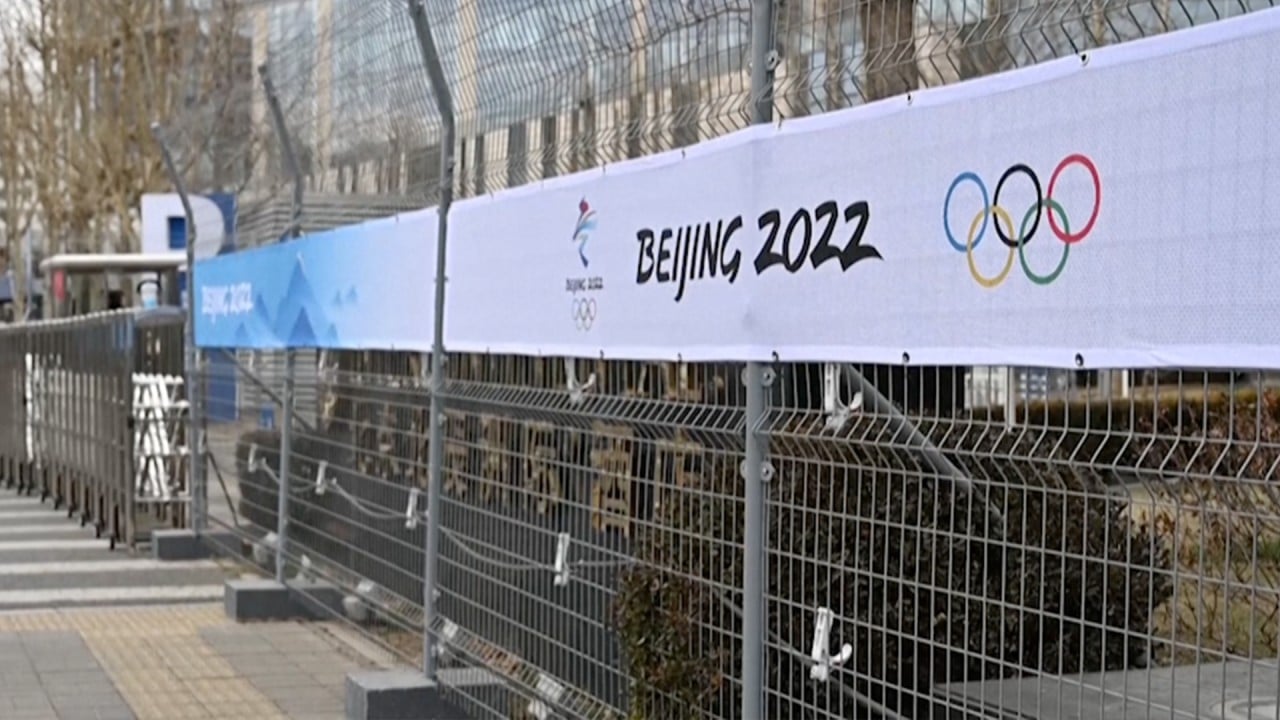
China targets companies and traffic to improve air quality for Winter Olympics
- Beijing and neighbouring province of Hebei given powers to close businesses and restrict vehicle use during the Games
- Different measures to be taken for different emission sources, environment ministry says, insisting the economic impact will be relatively small
Hosted by Beijing and the Hebei city of Zhangjiakou, the Games will begin on February 4 and will be followed in March by the Winter Paralympics.
Environment ministry spokesman Liu Youbin said on Monday that, with northern China facing challenges in controlling its air pollution during winter, Beijing and Hebei could authorise local governments to impose temporary controls on high-emissions businesses and on vehicle use.
The measures would have a relatively small economic impact, Liu said.
“When heavy pollution is predicted to occur, localities … will initiate emergency responses,” he said. “[Different measures] will be taken for different emission sources.”
Ma Jun, director of Beijing-based NGO the Institute of Public and Environmental Affairs, said the pressure would be on to ensure the best possible air quality during the Olympics.
“Winter and spring in northern China are smog-prone seasons,” Ma said, citing causes including coal consumption for heating, straw burning in rural areas and firework displays during the Lunar New Year holiday, which coincides with the Olympics. These tend to be compounded by a lack of wind to disperse the smog.
“It is extremely difficult to ensure air quality and the pressure is very high,” he said.
In October, Hebei issued a notice requiring its steel mills to cut their output between January 1 and March 15 by at least 30 per cent compared with the same period in 2021, in an effort to reduce emissions.
Ma said that since 2008, when the Summer Olympics were held in Beijing, advances had been made in air quality and monitoring.
“We didn’t monitor and release PM2.5 data and didn’t carry out analysis on the emission sources [in 2008],” he said, referring to small, lung-damaging particles. “Compared with that time, we have better air conditions and can take more precise measures.”
Hebei, too, recorded its best air quality in that period, but did not meet the national standard.



